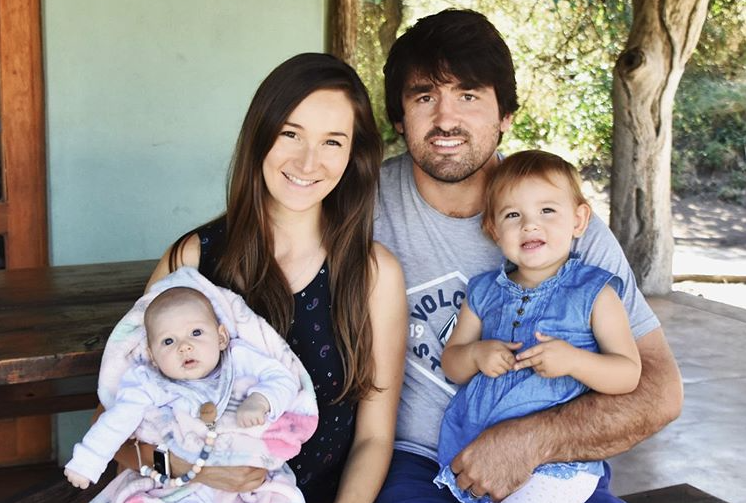In a feature that appeared in the February issue of SA Rugby magazine, we caught up with former Lions flank Warwick Tecklenburg.
RUGBY CAREER
Warwick Tecklenburg reflects fondly on the 2016 season. It marked the culmination of three years of hard work and determination, when the Lions finally peaked, reaching the Super Rugby final. Although the Lions lost to the Hurricanes in Wellington, Tecklenburg says the squad felt they had achieved a lot in reaching that point.
‘That was awesome. It was the result of a massive building phase from 2014, through 2015 and in 2016. We had that belief. We always spoke about wanting to win Super Rugby. It was one of our goals. Even though we didn’t manage to get the trophy, we were always building towards it. That was special. I have so many special memories from that year.’
Like a number of players in the squad, Tecklenburg arrived in Johannesburg in 2013 after being released from the Bulls. At that stage, the Lions had hit a low point. The union had been kicked out of Super Rugby to make way for the Kings and lost a number of their top-rated players in the process.
‘With all respect, at that stage we were a bunch of no-name-brand players. There were guys like Warren Whiteley and Julian Redelinghuys, who did not have a name at that stage, as well as a lot of players from the Bulls, like myself and Franco Mostert and Robbie Coetzee. We were guys who did not really get a chance at the unions that we started with and we wanted to prove a point. We were all very hungry to play rugby and get a chance. The guys that had stayed behind after all the troubles were fighters, guys like Deon van Rensburg and Michael Bondesio. They tasted success in the Currie Cup and were all so hungry.’
After winning their Super Rugby status back through a two-leg promotion-relegation battle with the Kings, who had finished bottom of the South African conference, the Lions settled into an ultimately successful rebuilding phase. In 2014, the Johannesburg-based franchise finished 12th and then climbed to eighth in 2015, before reaching the final after finishing second on the standings in 2016.
‘It all started off with that first win against the Cheetahs in Bloemfontein in 2014,’ Tecklenburg says. ‘We won that game thanks to a drop goal from Marnitz Boshoff. That gave the guys a huge amount of belief.’
After the 2016 season, Tecklenburg took up a contract with the Kamaishi Seawaves in Japan.
‘I was 28 or 29. It did not look like I was going to progress further than Super Rugby. I didn’t think I was going to get a chance with the Springboks. Financially, I wanted to get the most that I could from the last few years of my career.
‘It was a total shock, to be honest. But it was still nice. I found the new culture very interesting and found myself fitting in well with the squad.’
Tecklenburg decided to retire in 2017.
LIFE AFTER RUGBY
After his retirement, Tecklenburg went into business with his father and brother and purchased a plot of land in Mozambique, where he grows bananas. He found the transition easy, thanks to his love of the outdoors.
‘I don’t miss the weekly routine, but I do miss the feeling of the buildup to a big game. When everything hangs on that 80 minutes and you have to give your all in that game. That pressure is something you can’t describe.
didn’t find it difficult to adapt, though. I love being outdoors and having grown up on a farm, I love all the outdoor stuff. And here in Mozambique, it is very rural and you have lots of space. It’s the type of thing I enjoy.’
FAMILY LIFE
Tecklenburg married Nerine in 2014. They have two young daughters, Daniella (2) and Isabella (four months).
‘On the weekends, we love to braai and have a family meal. When we get a chance to go to go to the coast, we also love that. Our farm is quite close to the coast. Or we go home to the family farm in Barberton.’ – Dylan Jack
The latest issue of SA Rugby magazine has recently gone on sale: SUBSCRIBE HERE
By Dylan Jack





